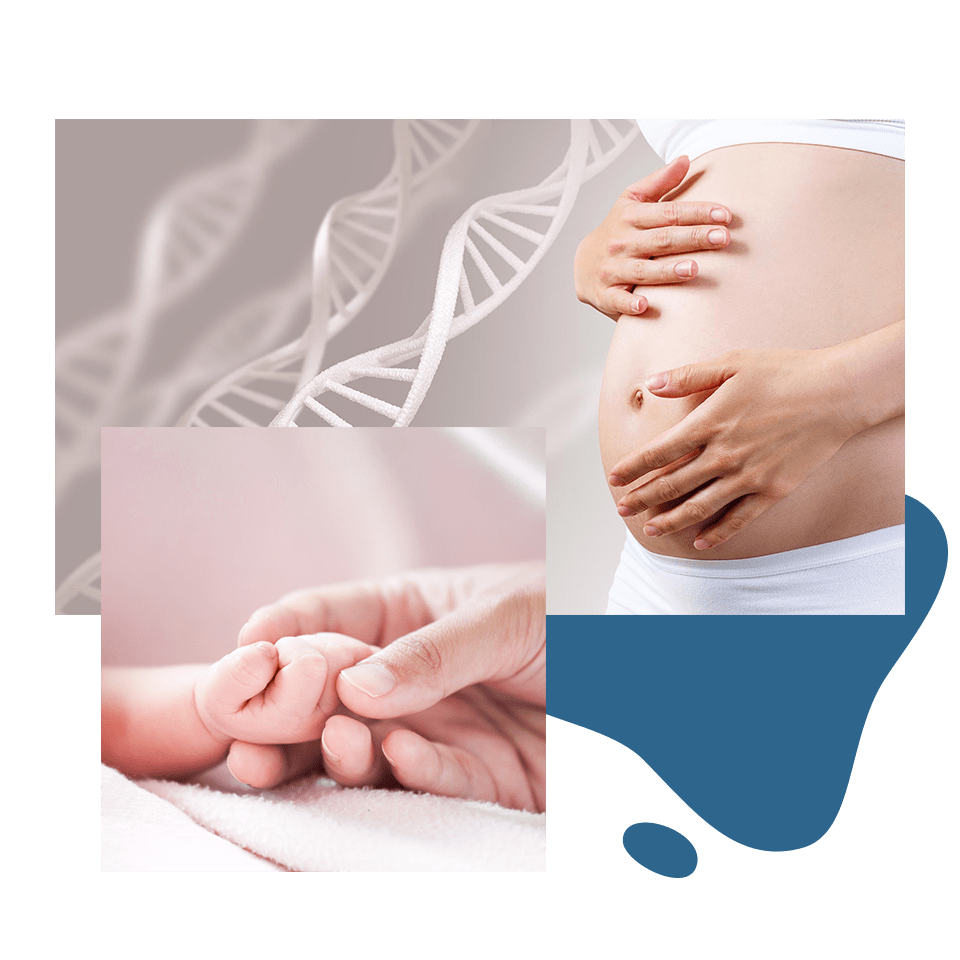Couple's Journey with Assisted Reproduction


When a couple approaches the C.M.R, they are supported by a multidisciplinary team of professionals whose work is coordinated by Dr. Maurizio Sodano, the center's director. When embarking on a assisted reproduction journey, one undergoes a process composed of several phases; let’s see what they are:
Once the appointment is set at the CMR, the couple will have a first visit, during which there will initially be an introductory meeting with the expert in Reproductive Medicine, followed by the actual examination.
This is a gynecological specialist visit with a transvaginal ultrasound, immediately followed by a consultation for case analysis. If recent tests are available, it is always advisable to bring them to deepen the visit.
After a careful anamnesis evaluation, previous diagnostic tests, and any prior ART treatments, the doctor explains the procedures, success rates, potential risks, and details of the proposed path to the couple.
During the first visit, blood tests and instrumental examinations will be prescribed if indicated.


To access the program, the couple must undergo laboratory and instrumental tests prescribed during the first visit.
Based on the results of these assessments, further investigations may be requested if necessary, such as specialist consultations (andrological, genetic, endocrinological, psychological...).
The requested assessments help determine the most appropriate ART method and thus optimize the chances of a positive outcome for the couple.
Once the diagnostic process is completed, the couple will have a review to examine the results of the tests performed, and at this point, the therapeutic plan to follow will be decided, which may be represented depending on the indication by:
Subsequently, the procedure is explained, any treatment risks are discussed, questions from the couple are answered, and they are asked to sign the informed consent form signed by the doctor who conducted the interview and the head of the facility.
Finally, the personalized therapeutic protocol suitable for the treatment to be performed is presented.


The first step of the treatment is characterized by a phase of pharmacological stimulation of multi-ovulation, personalized according to the chosen treatment.
Ovarian stimulation or induction of multiple ovulation aims to obtain a greater number of oocytes to increase the chances of pregnancy.
During the stimulation phase, monitoring of follicular growth is essential, performed through blood tests for hormonal dosages and transvaginal ultrasound exams.
The monitoring phase aims to determine the best time to perform an eventual intrauterine insemination (IUI) if the chosen treatment is level I, or oocyte retrieval (Pick-Up) if undergoing level II treatment (IVF-ICSI).
At the time of ovulation, the male partner will need to collect the semen, which will be appropriately processed in the laboratory and subsequently used for intrauterine insemination.
About 15 days after insemination, a pregnancy test is performed by checking for the hormone β-HCG in the blood, produced by the embryo once implanted.
If positive, an ultrasound will follow about 20 days later to observe the presence of the gestational sac. Once observed, monitoring of the pregnancy can continue in the following months.
In case of a negative outcome, the couple will still consult with the doctor to evaluate how to proceed.


Upon reaching follicular maturity, the following steps are taken:
If the couple decides to undergo Level II Treatment (IVF/ICSI) with Preimplantation Genetic Testing (PGT), a sample will be taken via biopsy from morphologically suitable embryos on the fifth/sixth day of embryo culture (blastocyst) for analysis.
Following the biopsy, the different steps are:


The staff at CMR is here to support you through the activation of an ONLINE CONSULTATION desk, where they will answer all your questions to establish a first approach and begin an important journey together.